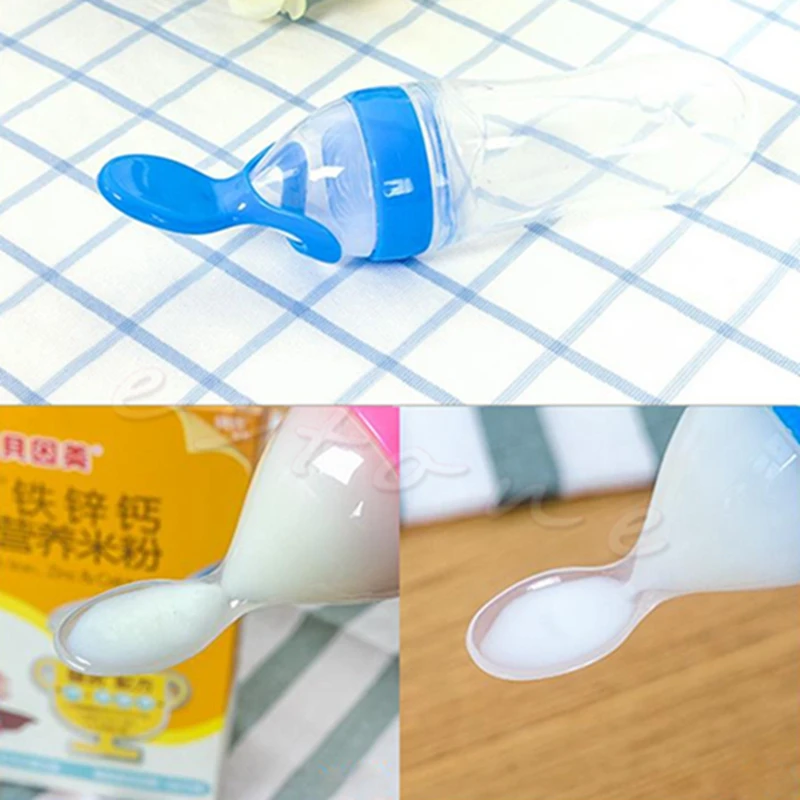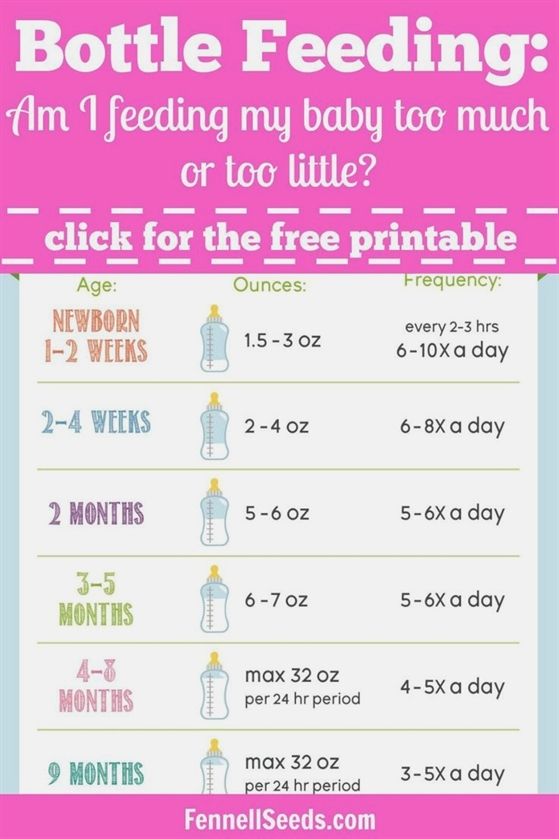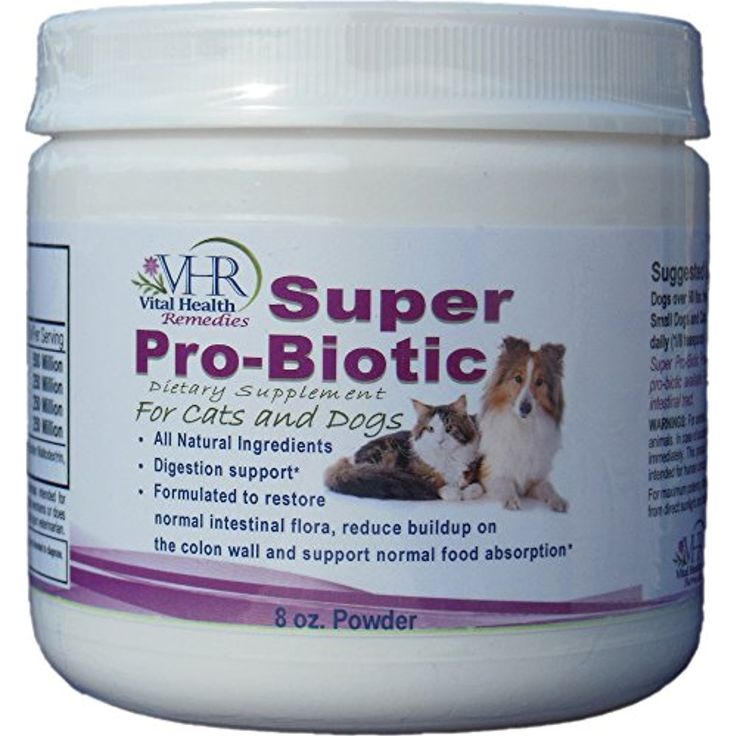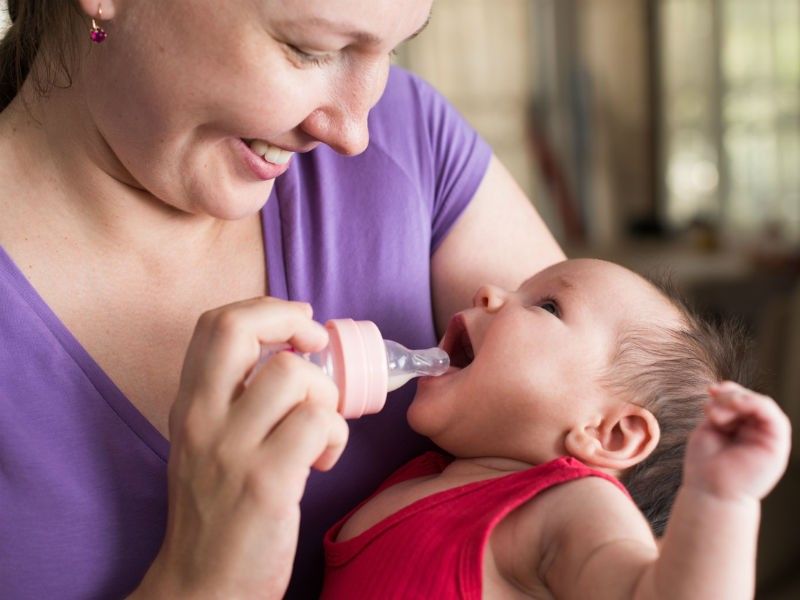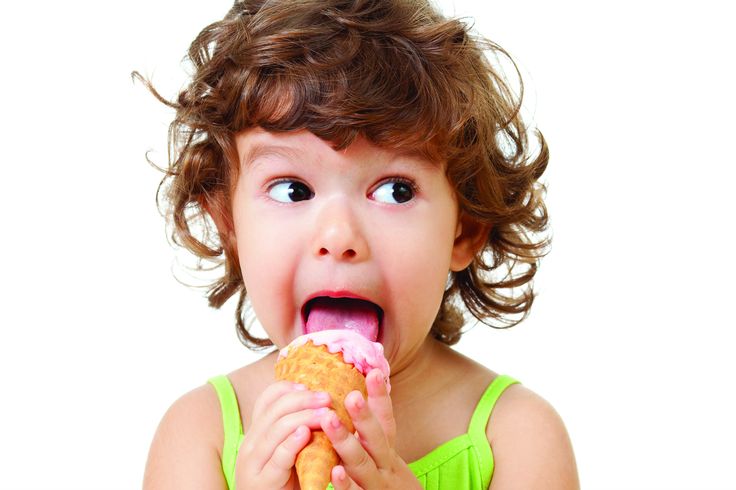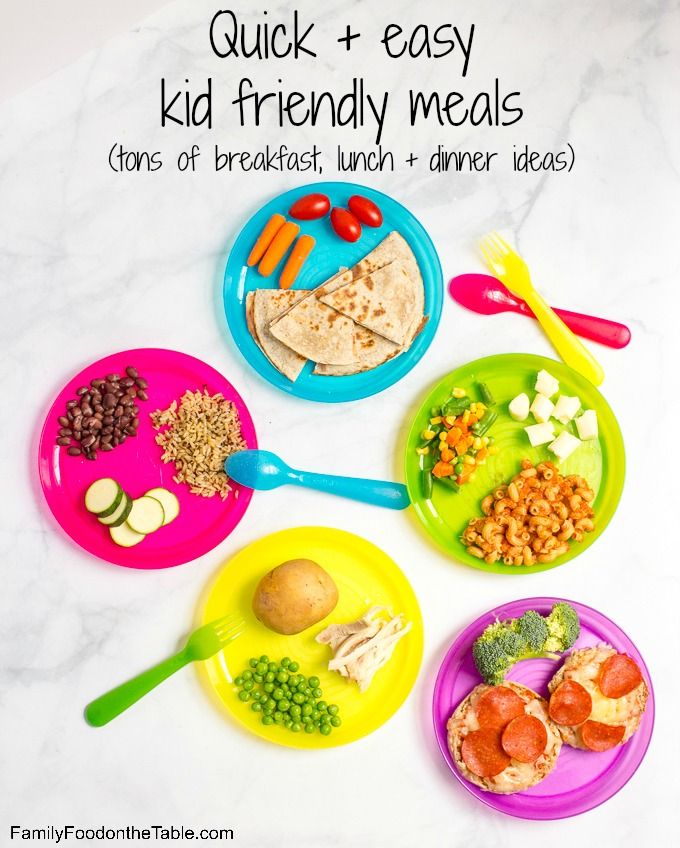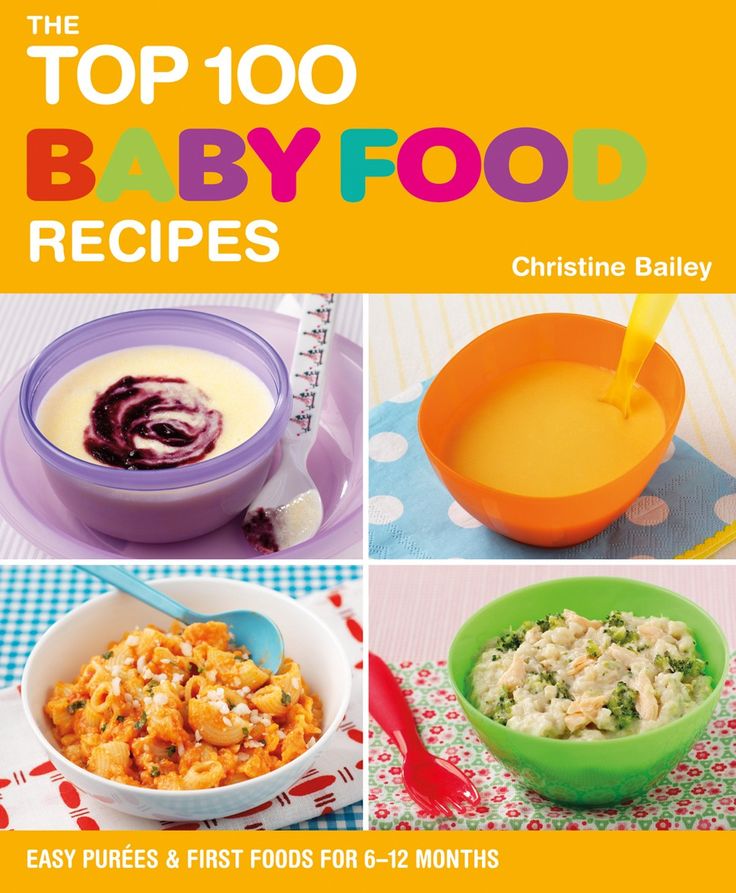Baby pushing food out with tongue
Extrusion Reflex: Why Your Baby Is Spitting Out Solids
Top Articles
More Articles
Published date field Last Updated:
Medically Reviewed By Colgate Global Scientific Communications
From the first words to the first steps, your baby’s early milestones are exciting and joyful. But before you add "eating solid foods" to your milestone memory book, you should be aware of extrusion reflex, a natural response where a baby spits out solid food. Read on to learn about extrusion reflex in infants and the basics of starting on solid foods.
Your Baby's DevelopmentFor the first four to six months of life, your baby is more than content to consume breast milk or formula. After all, both have everything they need to grow during those crucial first months. As your child develops (and with your pediatrician's guidance), you might feel ready to offer your baby solids around six months of age. But you might find that when you try to give them a spoonful of solid food, they push it right back out. You're left with a mess and wondering if your baby is a picky eater.
When your baby pushes solid food out of their mouth using their tongue, it's called the extrusion reflex (it’s also referred to as tongue-thrust reflex). While it may seem discouraging that your baby doesn’t want to try new textures, this reflex is a primitive instinct to protect them. Since their body is still developing, the extrusion reflex protects them from choking on or aspirating foreign objects in the first few months of life. That way, if something accidentally enters your baby's mouth, the reflex would push it right back out again. The tongue-thrust motion ensures that breast milk or formula are the only things going into your baby's tummy. The reflex won't work on the breast or bottle, but they might engage it when you offer a spoonful of solids.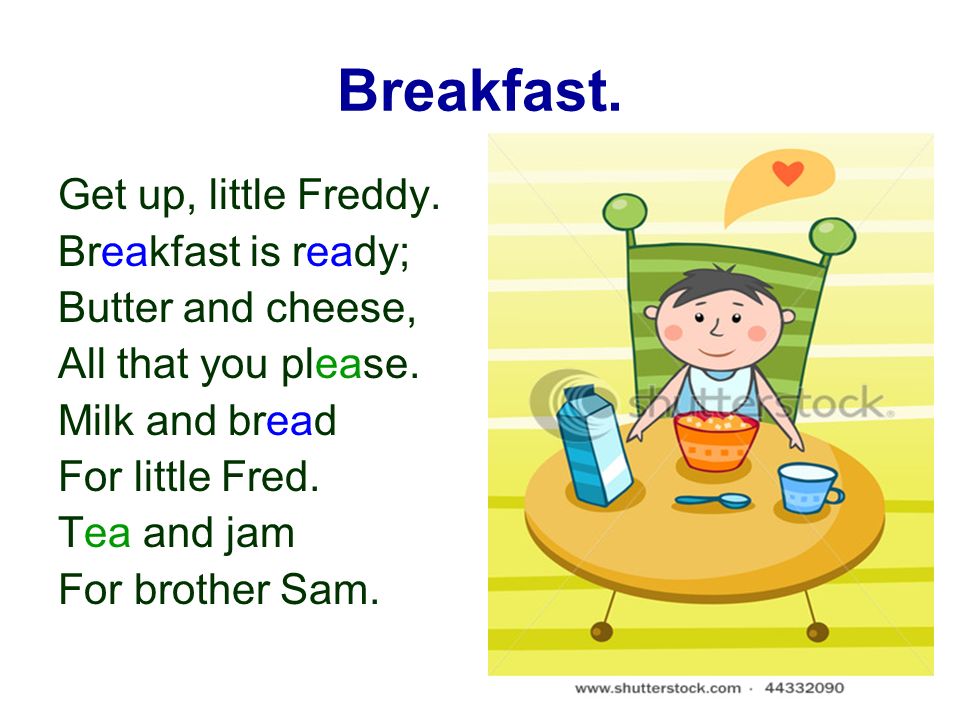
You can check to see if your baby demonstrates signs that they’re ready for solid foods, specifically by checking on the extrusion reflex. To check, place your finger on your baby’s lips and see if they push at the finger with their tongue. If they push on your finger with their tongue, they may not be ready for solid foods as their reflex may still be in place.
Feeding BasicsTalk to your baby's pediatrician before you begin feeding them solids. The CDC advises waiting until your little one is at least six months old before introducing solid foods as part of their diet. Still, even if you get the OK from your doctor, your baby might continue to push food out of their mouth. It doesn't mean they’re not a fan of baby food, but that their tongue extrusion reflex is still there. There's no harm in waiting a few more days and trying again later. As your baby gets a little older, the reflex will gradually diminish when they’re ready for solids.
Starting solids is the ideal time to solidify a regular infant oral care routine. You can use a piece of gauze to rub your baby's gums or brush food particles away using a gentle infant toothbrush. Even if your baby's trademark gummy smile doesn't yet showcase teeth, an oral care routine is an integral part of their overall health.
What might seem like picky eating is actually a natural developmental response you might not have considered. The extrusion reflex in babies helps keep your baby safe by expelling food until they’re truly ready to start solids. Watch your baby as they experience food, and use the reflex as a way to gauge readiness before you check "first solids" off on your milestone checklist. And in the meantime, enjoy all of their other beautiful first milestones!
Oral Care Center articles are reviewed by an oral health medical professional. This information is for educational purposes only. This content is not intended to be a substitute for professional medical advice, diagnosis or treatment. Always seek the advice of your dentist, physician or other qualified healthcare provider.
Always seek the advice of your dentist, physician or other qualified healthcare provider.
Like
Neutral
Thank you for submitting your feedback!
If you’d like a response, Contact Us.
Feeding Your 4- to 7-Month-Old (for Parents)
Most babies this age are ready to try solid foods. Experts recommend starting solid foods when a baby is about 6 months old, depending on the baby's readiness and nutritional needs.
Be sure to check with your doctor before giving any solid foods.
Is My Baby Ready to Eat Solid Foods?
How can you tell if your baby is ready for solids? Here are a few hints:
- Does your baby swallow food or push it out of their mouth? Babies have a natural tongue-thrust reflex that pushes food back out. Wait until this reflex disappears (typically when babies are 4–6 months old).
- Can your baby support their own head? To eat solid food, an infant needs good head and neck control and should be able to sit up.

- Is your baby interested in food? Babies who stare, reach and grab, and open their mouths for food are ready to try solid foods.
If your doctor gives the go-ahead but your baby seems frustrated or uninterested in solid foods, try waiting a few days before trying again. Breast milk and formula will still meet nutritional needs as your baby learns to eat solid foods. But after 6 months, babies need the added nutrition — like iron and zinc — that solid foods provide.
Do not add cereal or other food to your baby's bottle because it can lead to too much weight gain.
Watch for signs that your child is hungry or full. Respond to these cues and let your child stop when full. A child who is full may suck with less enthusiasm, stop, or turn away from the breast or the bottle. With solid foods, they may turn away, refuse to open their mouth, or spit the food out.
How Should I Start Feeding My Baby Solid Foods?
When your baby is ready and the doctor says it’s OK to try solid foods, pick a time of day when your baby is not tired or cranky. You want your baby to be a little hungry, but not so hungry that they’re upset. So you might want to give your baby a little breast milk or formula first.
You want your baby to be a little hungry, but not so hungry that they’re upset. So you might want to give your baby a little breast milk or formula first.
Have your baby sit supported in your lap or in a high chair with a safety strap.
Most babies' first food is iron-fortified infant single-grain cereal mixed with breast milk or formula. Place the spoon near your baby's lips, and let the baby smell and taste it. Don't be surprised if this first spoonful is rejected. Wait a minute and try again. Most food offered to your baby at this age will end up on the baby's chin, bib, or high-chair tray. Again, this is just an introduction.
When your little one gets the hang of eating cereal off a spoon, it may be time to try single-ingredient puréed meat, vegetables, or fruit. The order in which you give them doesn't matter, but go slow. Offer foods that are high in iron and zinc — such as meat, poultry, eggs, and beans — especially if your baby is breastfeeding. Try one food at a time and wait several days before trying something else new.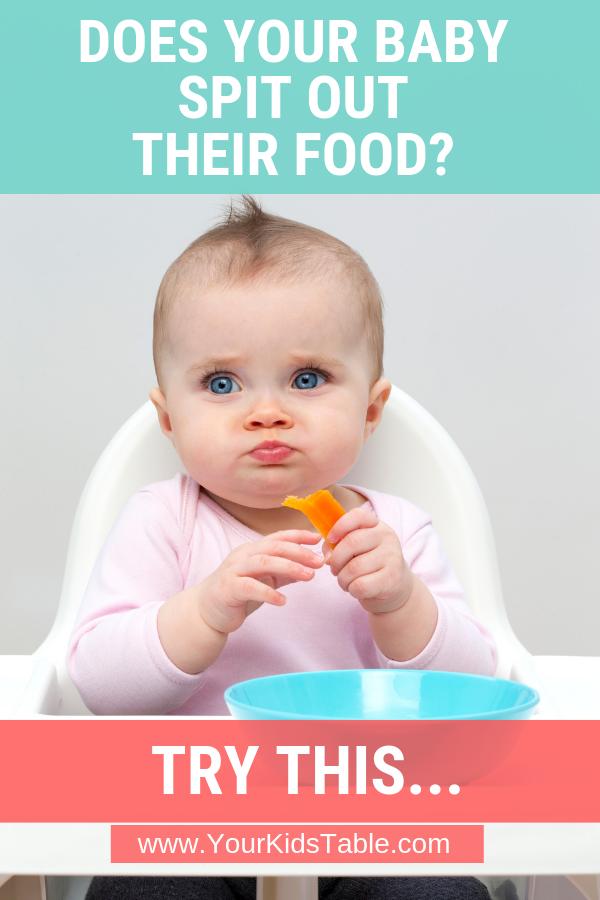 This will let you identify any foods that your baby may be allergic to.
This will let you identify any foods that your baby may be allergic to.
Which Foods Should I Avoid?
Foods that are more likely to cause allergies can be among the foods you introduce to your baby. These include peanuts, eggs, cow’s milk, seafood, nuts, wheat, and soy. Waiting to start these foods does not prevent food allergies. Talk to your doctor if you’re concerned about food allergies, especially if any close family members have allergies, food allergies, or allergy-related conditions, like eczema or asthma.
Infants with severe eczema or egg allergies are more likely to have allergies to peanuts. Talk to your doctor about how and when to introduce these foods to your child.
Possible signs of food allergy or allergic reactions include:
- rash
- bloating or an increase in gassiness
- diarrhea
- vomiting
Get medical care right away if your baby has a more severe allergic reaction, like hives, drooling, wheezing, or trouble breathing.
If your child has any type of reaction to a food, don't offer that food again until you talk with your doctor.
Babies shouldn't have:
- foods with added sugars and no-calorie sweeteners
- high-sodium foods
- honey, until after the first birthday. It can cause botulism in babies.
- unpasteurized juice, milk, yogurt, or cheese
- regular cow's milk or soy beverages before 12 months instead of breast milk or formula. It’s OK to offer pasteurized yogurt and cheese.
- foods that may cause choking, such as hot dogs, raw carrots, grapes, popcorn, and nuts
Tips for Feeding Your Baby Solid Foods
With the hectic pace of family life, most parents try commercially prepared baby foods at first. They come in small, convenient containers, and manufacturers must meet strict safety and nutrition guidelines.
If you prepare your own baby foods at home, here are some things to keep in mind:
- Follow the rules for food safety, including washing your hands well and often.

- To preserve the nutrients in your baby's food, cook it in ways that keep the most vitamins and minerals. Try steaming or baking fruits and vegetables instead of boiling, which washes away the nutrients.
- Freeze portions that you aren't going to use right away.
- Whether you buy the baby food or make it yourself, texture and consistency are important. At first, babies should have finely puréed single-ingredient foods. (Just applesauce, for example, not apples and pears mixed together.)
- After your baby is eating individual foods, it's OK to offer a puréed mix of two foods. As babies get older, they will learn to eat a greater variety of tastes and textures.
- If you use prepared baby food in jars, spoon some of the food into a bowl to feed your baby. Do not feed your baby right from the jar — bacteria from the baby's mouth can contaminate the remaining food. If you refrigerate opened jars of baby food, it's best to throw away anything not eaten within a day or two.
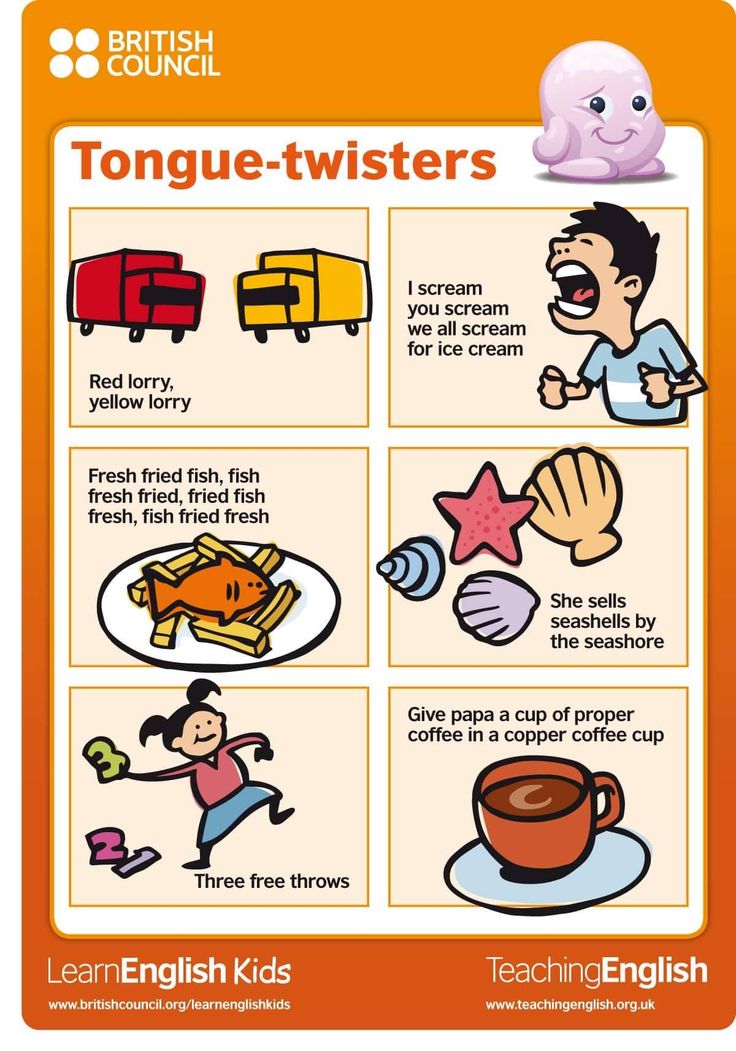
- Around 6 months of age is a good time for your baby to try a cup. You might need to try a few cups to find one that works for your child. Use water at first to avoid messy clean-ups. Do not give juice to infants younger than 12 months.
Over the next few months, introduce a variety of foods from all the food groups. If your baby doesn't seem to like something, don’t give up. It can take 8 to 10 tries or more before babies learn to like new foods.
Spoon ejection reflex: why children spit out solid food
Every parent is happy to meet a new stage in the development of their child. The first laugh, the first steps - the baby grows and learns the world every day. The introduction of complementary foods into the baby's diet is one of such exciting moments. The spoon ejection reflex may be the reason why a child is not yet ready to eat solid food. Learn more about why and when to introduce complementary foods to your baby.
Your baby's development
For the first four to six months of life, a baby gets all the nutrients it needs from breast milk or formula. As it develops (and with your pediatrician's permission), you can start giving your baby 4 to 6 month old solids, which are baby foods that are thicker than breast milk or formula. But the child can push pieces of food out of the mouth with the tongue. Is it picky?
As it develops (and with your pediatrician's permission), you can start giving your baby 4 to 6 month old solids, which are baby foods that are thicker than breast milk or formula. But the child can push pieces of food out of the mouth with the tongue. Is it picky?
Spoon ejection reflex
According to of the Union of Pediatricians of Russia , when a child pushes solid food out of the mouth with the tongue, this is called the “spoon ejection reflex”. This is one of the protective instincts of an infant. The baby's body develops, and the expulsion reflex protects him from choking or swallowing foreign objects in the first months of life. If something accidentally enters his mouth, the reflex causes him to push it back out. In addition, the swallowing mechanism of the baby is not yet sufficiently developed to cope with solid food. Thanks to this reflex, breast milk or milk formula is the only thing that enters his tummy. The reflex does not work when breastfeeding or bottle feeding, but may work when you offer solid food to your baby. nine0017
nine0017
Feeding basics
The timing of the introduction of solid foods into an infant's diet is determined individually, so it's worth talking to your child's pediatrician first. The Union of Pediatricians of Russia advises that complementary foods be introduced to children at the age of 4-6 months. However, sometimes even after the permission of the doctor, the baby continues to push food out of the mouth. This suggests that the spoon ejection reflex has not yet disappeared. Wait a few days and try again. Gradually, the reflex will fade away and the child will be ready to take solid food. nine0003
Your baby's introduction to solid foods is the perfect time to reinforce your baby's regular oral care routine. Wipe your child's gums with clean gauze soaked in boiled water, or remove food particles with a soft toothbrush for children. Even if the baby has not yet erupted teeth, regular oral care is important for his health.
At first glance, a child's picky behavior may be an important developmental milestone.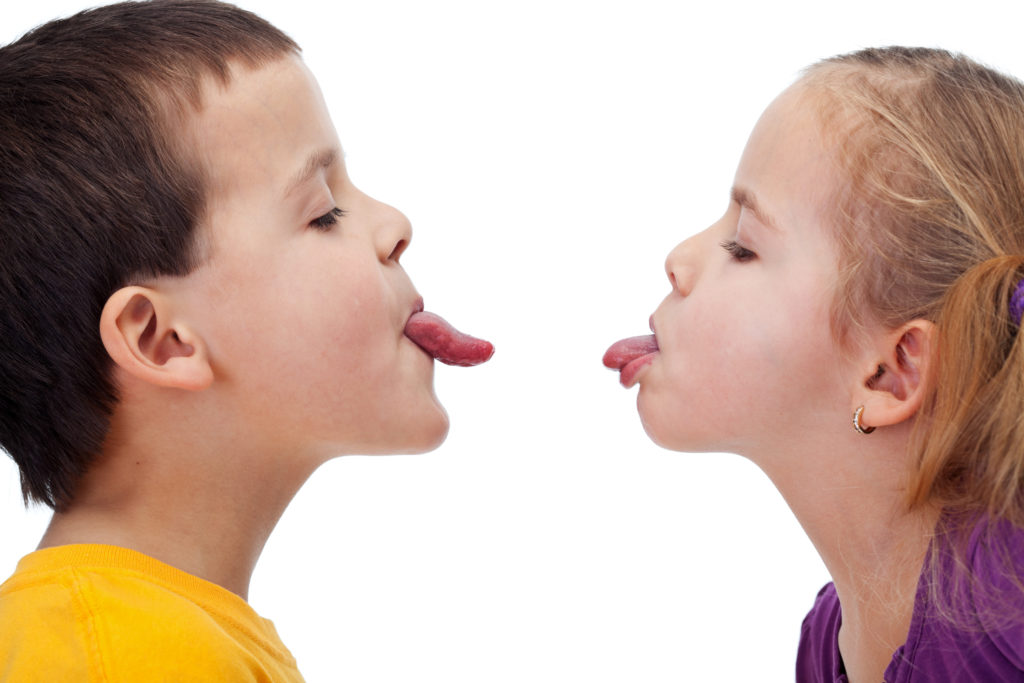 The spoon ejection reflex protects the baby until the body is ready to eat solid food. Observe your baby's behavior to determine when the baby is ready to eat their first solid food, and enjoy this moment together. nine0028 During feeding, the same problem occurs: after food enters the mouth, the child purses his lips and pushes the food out with his tongue. As if under pressure. And any food - even your favorite cauliflower puree and liquid porridge. So the point here, most likely, is not in taste preferences, but in the fact that the child does not learn how to properly position food in the mouth and swallow it.
The spoon ejection reflex protects the baby until the body is ready to eat solid food. Observe your baby's behavior to determine when the baby is ready to eat their first solid food, and enjoy this moment together. nine0028 During feeding, the same problem occurs: after food enters the mouth, the child purses his lips and pushes the food out with his tongue. As if under pressure. And any food - even your favorite cauliflower puree and liquid porridge. So the point here, most likely, is not in taste preferences, but in the fact that the child does not learn how to properly position food in the mouth and swallow it.
I sin on artificial feeding (they did not breastfeed for long). Perhaps the child is projecting the technique of sucking the bottle on eating from a spoon? nine0028 We eat from a silver coffee spoon inherited. Or maybe her? Should I buy ergonomic plastic or silicone, and then it will work?
Now feeding happens like this - I give about a third of the portion from a spoon, pour the rest into a bottle and give it like that. Because it is unrealistically difficult to feed from a spoon when the child is already screaming from hunger, when half or less of each offered spoon gets inside.
Because it is unrealistically difficult to feed from a spoon when the child is already screaming from hunger, when half or less of each offered spoon gets inside.
(We eat 100-110 grams of vegetable puree; porridge - 160-170)
Question: is this the case for everyone? Continue in the same spirit? Cancel the bottle at these feedings? (but 3 times a day it will still remain!) Buy some superfood spoon? nine0002 2. What to offer the child to drink? From birth, the child categorically refuses to drink - water, Hipp fennel tea, BL tea with wild rose. Haven't added juice yet. Since complementary foods with non-liquid food are already in full swing, I urgently want to resolve the issue with drinking.
I tried to sweeten rosehip tea a couple of times - half a teaspoon per 100 g of drink, the child drank, but not to say that very willingly. But after all, sugar every day is not an option, is it?
What would be so tasty and healthy to offer a six-month-old child to drink? How to get involved in the process? nine0028 And, if possible, how and from what to cook compotes and the like?
Thanks in advance to all who responded!
Tags: 6-9 months, drinking, complementary foods
Subscribe
-
Nasolacrimal canal probing according to CHI
Talk to me what I'm doing wrong.
 I have a 5 month old baby diagnosed with neonatal dacryocystitis, there is a recommendation from two independent…
I have a 5 month old baby diagnosed with neonatal dacryocystitis, there is a recommendation from two independent… -
Dye baby's hair blue
Hi, please discuss your options with me. Child (six years old, dark hair) wants to dye his hair blue. The hair is thin. If we…
-
child psychiatrist and pigtails
1. I need to check my child for ADHD - I was looking for recommendations from psychiatrists, and basically the same specialists with a price tag of 10-12 thousand flicker. For…
Photo
Hint http://pics.livejournal.com/igrick/pic/000r1edq
-
Probing of the nasolacrimal canals according to CHI
Talk to me about what I'm doing wrong. I have a 5 month old baby diagnosed with neonatal dacryocystitis, there is a recommendation of two independent…
-
Dye baby's hair blue
Hello, please discuss with me the options. Child (six years old, dark hair) wants to dye his hair blue.


